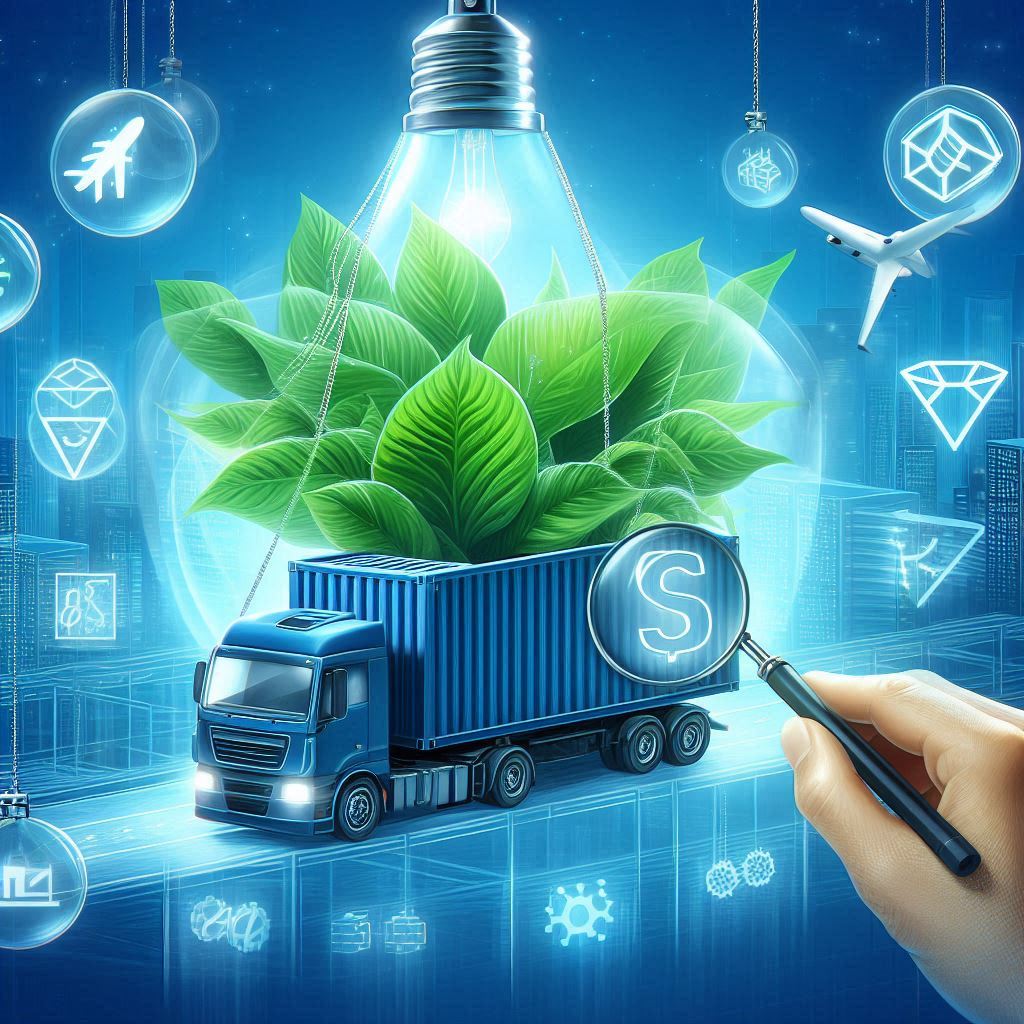Transparent, Traceable, and Green: How Blockchain is Revolutionizing Supply Chains
Introduction
In today’s interconnected world, supply chain transparency and sustainability have become top priorities for industries aiming to reduce waste, improve efficiency, and build consumer trust. Blockchain technology is emerging as a powerful tool to revolutionize supply chains by ensuring traceability, reducing fraud, and enhancing sustainability in the manufacturing industry. By providing a secure, decentralized ledger, blockchain enables real-time tracking of goods, ethical sourcing, and a more sustainable future for businesses and the environment.
The Challenges in Traditional Supply Chains
Supply chains in the manufacturing industry often face challenges such as:
- Lack of transparency, leading to fraud and counterfeit goods.
- Inefficiencies in tracking products from raw materials to final production.
- Difficulty in verifying ethical and sustainable sourcing of raw materials.
- High carbon footprints due to complex and unoptimized logistics networks.
To address these challenges, blockchain offers an innovative approach that enhances visibility, accountability, and sustainability.
How Blockchain is Transforming Supply Chains
Blockchain technology brings several game-changing benefits to the manufacturing industry by integrating real-time tracking, automated smart contracts, and enhanced data security into supply chains.
1. End-to-End Transparency and Traceability
- Every transaction, from raw material sourcing to final product delivery, is recorded on an immutable ledger.
- Consumers and businesses can track the origin, production process, and sustainability metrics of products.
- Reduces counterfeit products and unethical sourcing, ensuring authentic and sustainable goods reach the market.
2. Improved Efficiency with Smart Contracts
- Automated smart contracts eliminate intermediaries and ensure faster transactions.
- Payments, shipments, and quality checks are triggered automatically based on real-time data.
- Reduces delays, minimizes paperwork, and enhances overall supply chain efficiency.
3. Sustainable and Ethical Sourcing
- Blockchain enables businesses to verify ethical labor practices and ensure raw materials come from sustainable sources.
- Certification bodies can track and validate organic, fair-trade, and eco-friendly practices.
- Companies can meet regulatory requirements and enhance their brand reputation by showcasing responsible sourcing.
4. Carbon Footprint Tracking and Green Supply Chains
- Blockchain allows companies to track emissions and energy usage at every stage of production and distribution.
- Businesses can optimize logistics and choose low-carbon transportation methods.
- Consumers gain access to eco-friendly product information, encouraging sustainable purchasing decisions.
Real-World Applications of Blockchain in Sustainable Supply Chains
Several industries are already leveraging blockchain to create smarter, greener supply chains:
- Automotive Industry: Tracking raw materials such as lithium for batteries to ensure ethical mining and responsible recycling.
- Food and Agriculture: Providing farm-to-table traceability to verify organic and non-GMO food sources.
- Fashion and Textiles: Preventing counterfeiting and ensuring sustainable, cruelty-free material sourcing.
- Electronics Manufacturing: Verifying conflict-free minerals and ensuring e-waste recycling programs.
The Future of Blockchain in Sustainable Manufacturing
As blockchain adoption grows, its impact on supply chains will continue to evolve:
- Integration with AI and IoT for real-time data collection and predictive analytics.
- Enhanced carbon credit trading to incentivize businesses to lower emissions.
- Government-backed blockchain regulations to standardize sustainability reporting and compliance.
Conclusion
Blockchain is not just a technological innovation—it is a game-changer for sustainable supply chains in manufacturing. By enabling transparency, traceability, and green practices, blockchain empowers businesses to make ethical choices, optimize logistics, and build a future where supply chains are both efficient and environmentally responsible. The revolution has begun—the question is, how fast will industries adapt?
